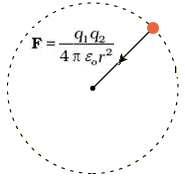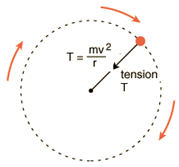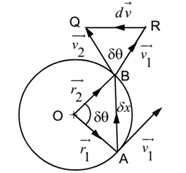Science > Physics > Circular Motion > Numerical Problems on Centripetal Force – 01 Example – 01: A 0.5 kg mass is rotated in a horizontal circle of radius 20 cm. Calculate the centripetal force acting on it, if its angular speed of revolution is 0.8 rad /s. Given: Mass of a body = m = […]



